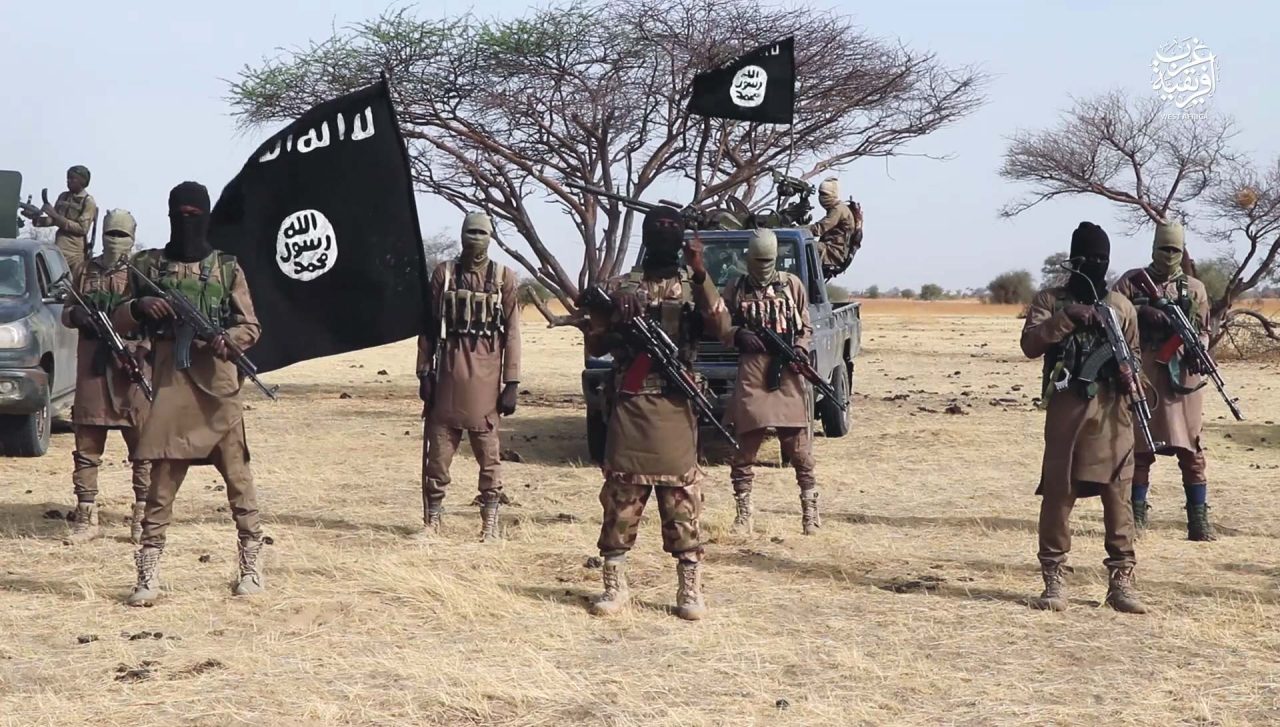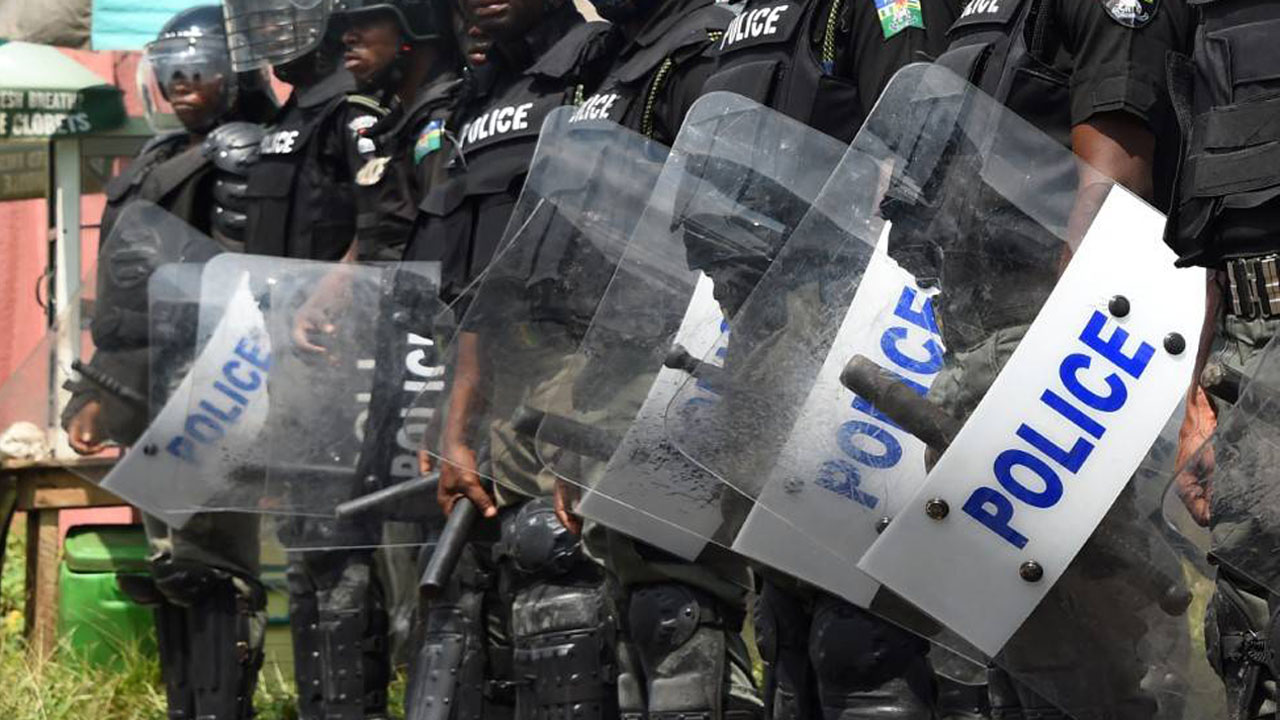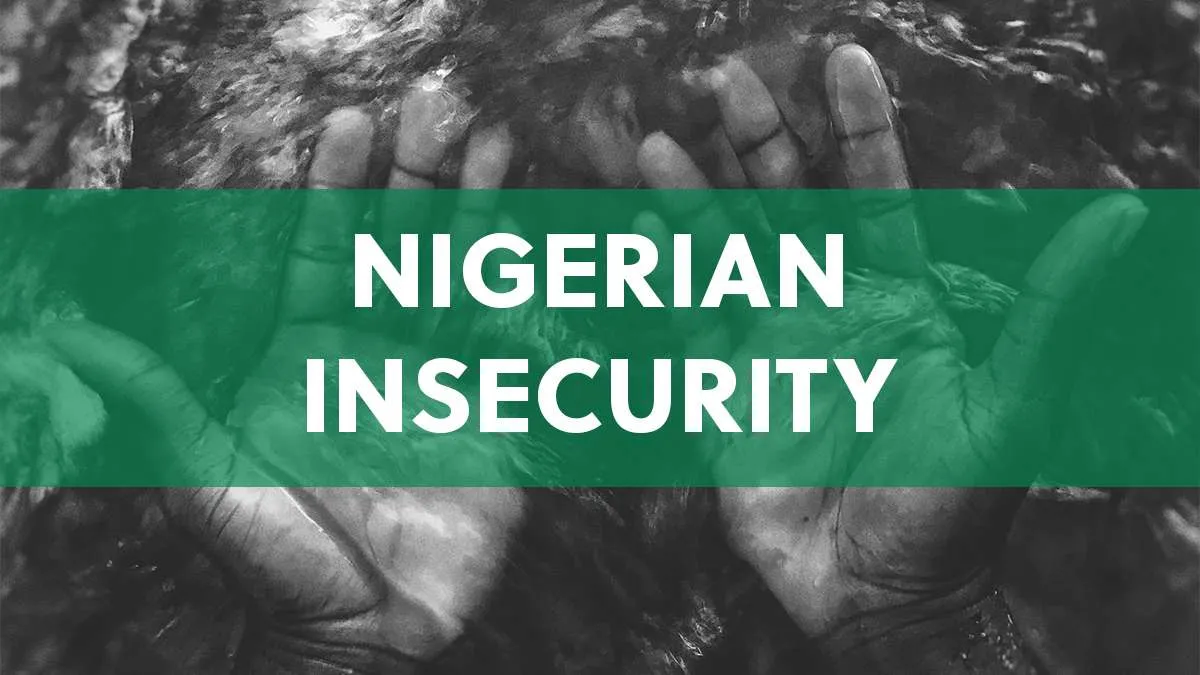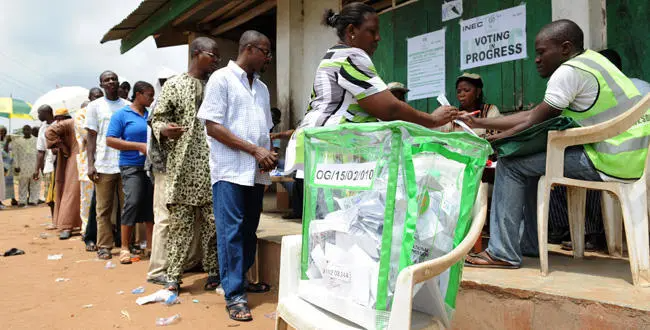
The nation was shaken by a report of a bloody attack on a church in Owo, Ondo State, South West, Nigeria. Like wildfire, the news went viral and received condemnation from within Nigeria and internationally. Thoughts and prayers, blame games and the urgent need for national security to be beefed up. While Nigerians were still grasping the fact that our safety was uncertain in our beloved country, the nation mourned.
The National Security Council blamed ISWAP for the attack, Interior Minister, Rauf Aregbesola said the government had been able to identify the perpetrators of the Owo attack, saying they were members of the ISWAP terrorist group. The shooting has not only exposed the penetration of the Islamic State West African Province (ISWAP) into the vast hinterland of the Nigerian State, it is obvious that the Nigerian borders in the North East have been left defenceless and it’s a call for alarm.
ISWAP: A Looming Danger
The Islamic State West African Province (ISWAP) is a splinter militant group of the Islamic State (IS) that has ravaged the peace and security of Western Asia and the world at large, directly or indirectly. In 2014, Islamic State, after declaring itself as a Caliphate with Abu Bakr Al Baghdadi as its Caliph, wreaked havoc on much of Iraq and Syria.
The fragment group ISWAP have their operation mostly in Chad Basin, with operations within the borders of Nigeria, Cameroon, Chad and the Niger Republic. The striking limited successes in the region have made West Africa and probably the African continent a
There have been events that have given monument to the Islamic group’s expansion in the Sahel and the most notable is the fall of Gaddafi’s Libya in 2011. The catastrophic end of Gaddafi orchestrated a massive proliferation of small and light arms that have been stockpiled in Libya for terrorism on the continent. The overpowering of Boko Haram by ISWAP and its functioning as the unified structure in the region have robust contributions to the strength and fighters.
An African report by the International Crisis Group, which exposed the ties forged between civilians in the captured areas and the terrorist group, stated that “ISWAP maintain its capacity to buy food, fuel and medicine as well as sell its produce………..it encourages traders to do business in areas it controls”. The report has clearly disclosed the tactics that ISWAP have used to maintain a stronghold in the Chad Basin over its rival terror groups and state actors.
ISIL 2.0 in Africa
The attack on St. Francis Catholic Church in Owo, Ondo State and the statement by the National Security Council has indeed shed more light on the advancement of ISWAP into Nigeria, even coming close to the South and probably in the South without being detected or identified by the armed forces of the federation. The probable causes of the rise of ISIL 1.0, according to Global News, are as a result of the advances in “ local areas where there is a weak government and/or no government at all”.
Clearly, there is a government in Nigeria; the adequacy of the government is where the question lies in the case of Nigeria. Loopholes in the defence system and the inability to properly reinforce and man the northern borders from terrorist groups and external threats to the existence of the state and people’s life. Incidents leading to Owo were a worrying call for the government to step up what was neglected. Earlier in January, there was a bomb explosion in the Catholic Chapel of St. John’s College, Mutum-Biyu, and another in Iware village, in Ardokola Local Government Area of Taraba State. The bombing all have a link to the Islamic State West African Province, instead, the government continued to subdue reporting and reassure the people that they are safe while nothing is being done to reinforce the statement.
In conclusion, the existence of a state heavily requires adequate security for the state. Nigeria as a regional giant in the West African sub-continent cannot have a powerful military posture in international and continental affairs if it cannot defend its borders from terrorist groups. Nigeria must defend itself so it doesn’t experience the bloody devastation witnessed in Syria and Iraq due to ISIL incursion. The fight against ISWAP is not only a fight by the government but every Nigerian. Everyone has a civil role to play in the sustainability of the Nigerian State. Until ISWAP is defeated and driven out of West Africa, the might of Nigeria will remain tormented and the safety of her citizens will be uncertain.
Nwuko is a writer and a journalist based in Lagos.






